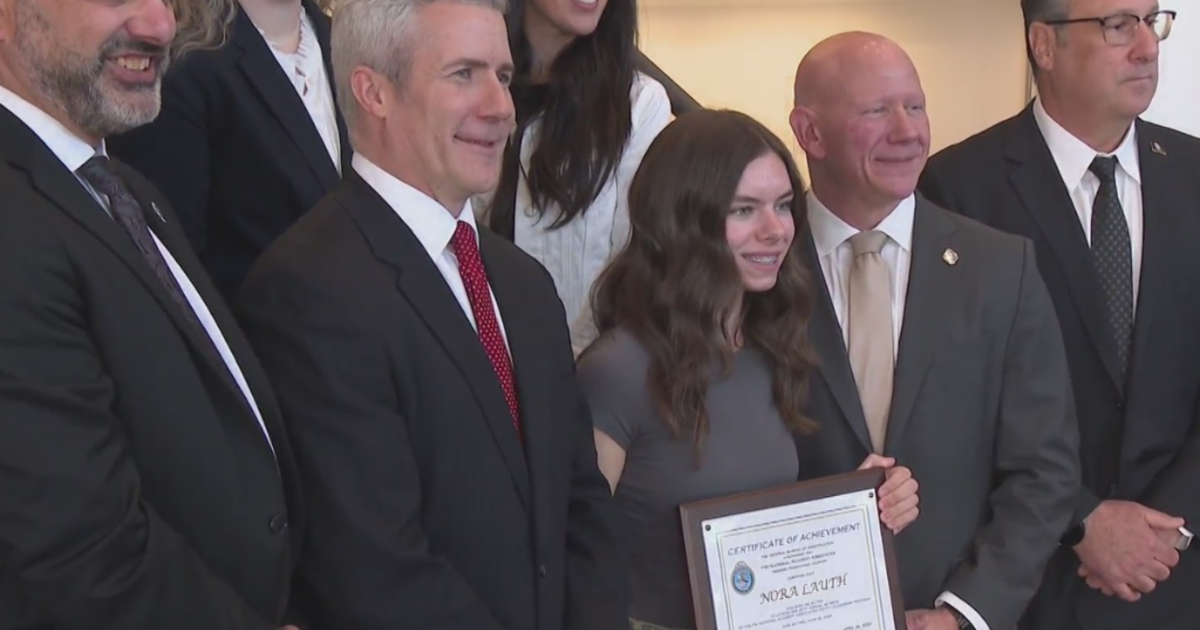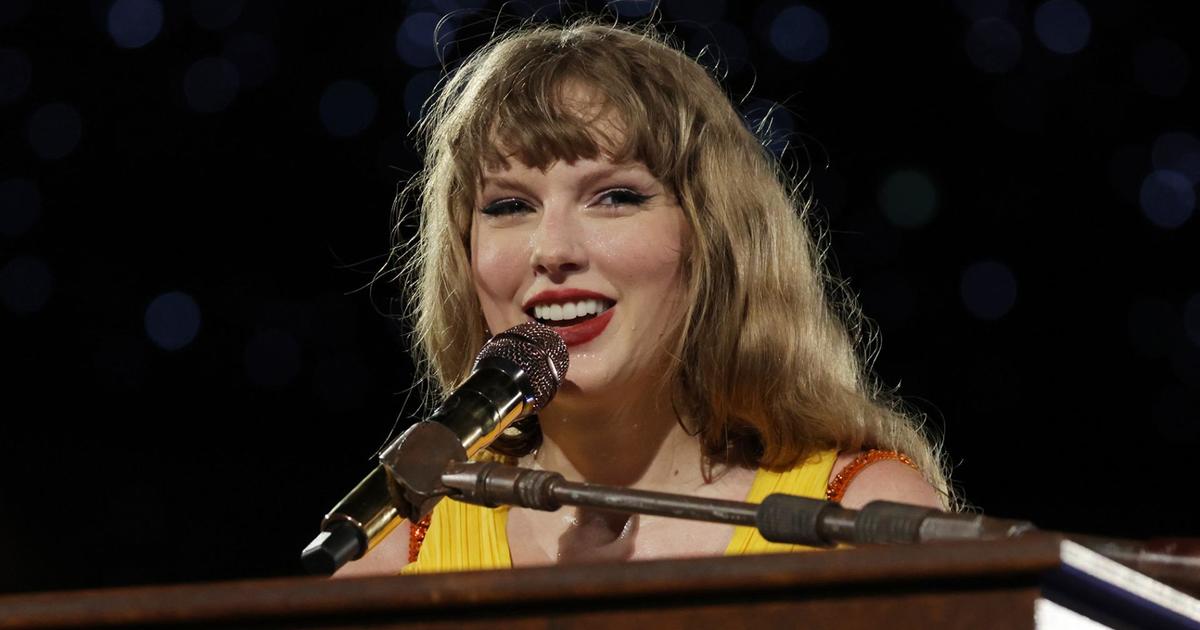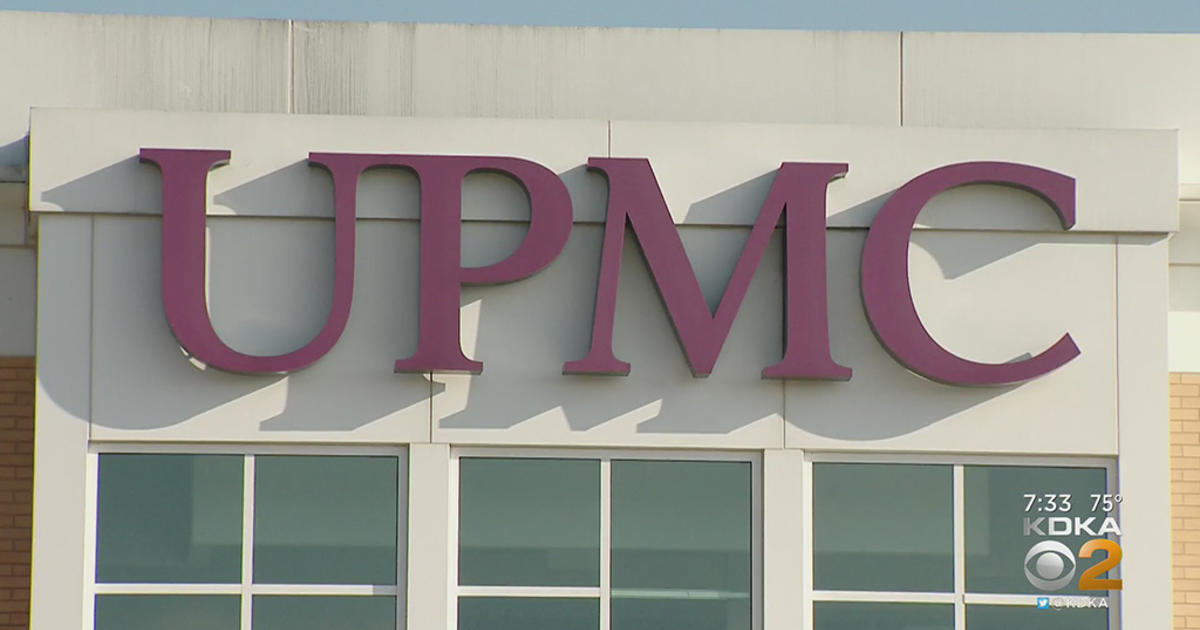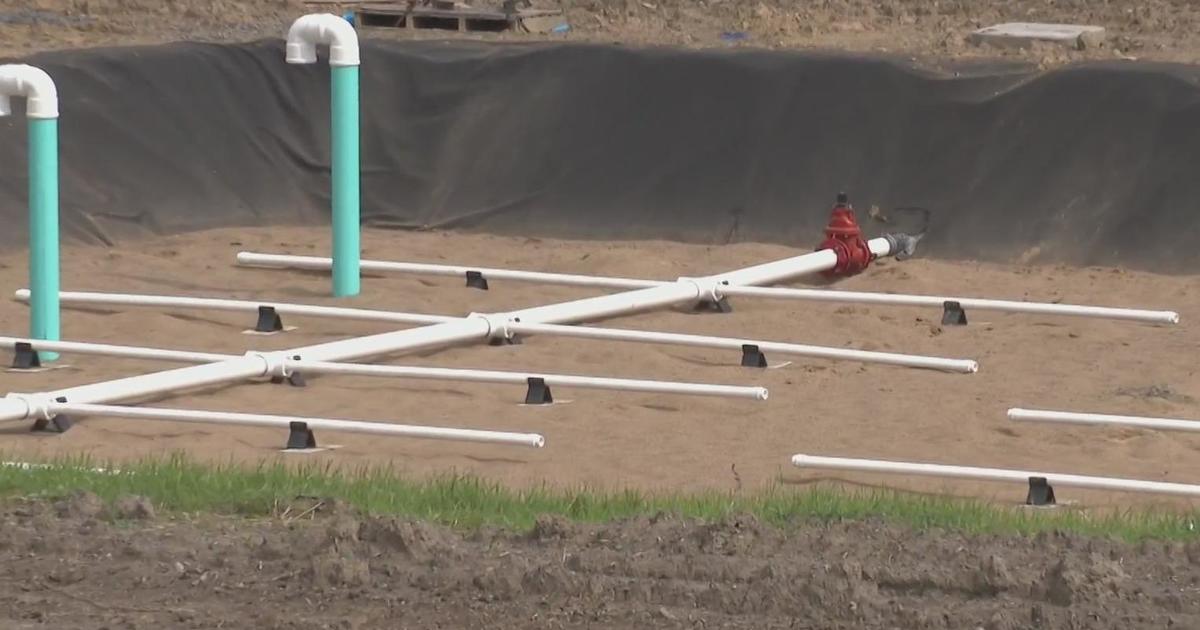Science Fiction No More: Cloning Now An Option For Pet Owners
Follow KDKA-TV: Facebook | Twitter
PITTSBURGH (KDKA) - More than 20 years ago, in July 1996, Dolly the sheep was born at a research facility in Scotland. While scientists worked to clone animals for decades, Dolly was the first mammal cloned from a single, adult cell.
The news was so big Dolly was on the cover of Time magazine. Yet six-and-a-half years later, skeptics scoffed when Dolly had to be put down after she developed a lung infection. Many wondered if her early death was a result of being a cloned animal and added to the assumption that cloning animals was nothing more than a passing fancy.
However, the work to clone continued. Much of the focus continued on livestock and show animals. Now, the process has advanced to the point where veterinarians and scientists can clone your pets.
It is not science fiction. The cloning of pets is real.
A toy poodle named Baxter bounces around the office of Dr. Mike Hutchison at Animal General Hospital in Cranberry. Everyone who sees the adorable fluffy puppy asks to pet him. He is so curious and excited to meet everyone who comes in to the clinic.
However, 9-month-old Baxter is a clone.
"People have a hard time wrapping their brain around that it that it is a real technology," says Melain Rodriguez.
She is the Client Services Manager for the Texas company, ViaGen Pets.
"That it is not science fiction. It's not like what you see on TV or in the movies," Rodriguez said.
For more than 15 years, ViaGen has been cloning livestock. They have cloned thousands of cattle, more than 250 horses, and thousands of pigs and sheep, too. Two years ago, they starting doing dogs and cats.
Shawn Walker, PhD is Vice President of Science and Technology for ViaGen.
"I would have probably never thought about cloning a pet 10 years ago. I was in the livestock world. Now, my biggest regret is that we had one dog that we connected to, and I'd love to bring it back," he said.
Now you can -- or at least duplicate that animal's genetic DNA -- and have the "new" puppy born again.
"The dog that you are going to clone is not going to be a Frankenstein," says Rodriguez. "(Baxter) is just a normal dog like any other dog. You would never know that he's a cloned puppy."
From watching the puppy run and play and romp around the halls of Animal General, it is safe to say if you didn't know he was a clone, you would never know.
"Someone made the statement that one of the most amazing things about a clone is they are just an animal. There's no way to tell," Walker said.
Rodriguez added, "We like to say a genetic twin just born at a different time."
Cloning starts when your vet takes four small skin samples from your pet. It is a simple procedure. Most dogs go home the same day. Some owners choose to have it done when their dog is already under anesthesia for something as routine as a dental cleaning.
It takes no special training for a vet to start the cloning process. The vet simply is taking a small sample with an instrument and then putting a single stitch to close the small wound.
"Every vet on the planet can do this and preserve the DNA very, very easily," Dr. Hutchison said. "It's things we do every day in practice almost."
Dr. Mike recently performed the procedure for a client who asked to have a pet cloned as a final wish.
"This is 'Star Trek' to me, I mean this is amazing. Back in 2000, I couldn't even imagine treating animals with stem cells, let along cloning animals from my practice. I couldn't even imagine it, or just talk about it, and here we are a few short years later and we are doing this routinely," he said.
The biopsy taken by the vet is sent to the ViaGen lab in Texas.
"From that little skin sample, we culture millions and millions of cells," explains Rodriguez who began her career with ViaGen as a cell culture associate before moving to her current position with the company. "These are cells that contain the pet's complete DNA, and that's all we need for cloning."
Next, the cells from you dog are put into a donor egg cell. ViaGen replaces the nucleus of the egg with the DNA from your pet. Then, the egg is put in a surrogate dog. The surrogate is chosen based on size, previous experience as a mom and for her ability to care for the puppies.
"Once we have that cell line established, we will use those cells to produce cloned embryos and then transferred into a surrogate dog who has a normal gestation and then you've got a puppy that is born that is a is a genetic twin to that original pet," Rodriguez said.
The most remarkable thing to Dr. Mike is that even dogs that have a disease like cancer late in life can be cloned, and a healthy animal will be born.
"They can take a cell from anywhere in the body and even if you take a 16-year-old dog and you decide now I want to do it, is he too old, does he have old cells? It resets the clock. They go back to young again, which is pretty unique," he said.
But, Rodriguez cautions, your dog is not being born again.
"It's not a re-incarnation of their pet. It's not that same pet born over again, but it's those same genetics and this little piece of this pet that they loved so much is somehow back in their life again," Rodriguez said.
Cloning isn't for everyone and it is not cheap.
"The cloning fee is $50,000 to clone a dog," said Rodriguez. "Half of that fee is paid up front as a deposit, and that secures their spot on the wait list. So we do, there is a lot of interest. We do currently have a waiting list. It's fairly short right now. We can usually get to the cloning in one to two months."
As it stands today, it would take about six to seven months for ViaGen to have a cloned puppy for your family.
The cost is certainly a huge factor for most people, and Walker knows that is the case.
"Our big goal right now is to increase efficiency so we can drive down price and bring the technology to more people," Walker said.
Yet, when it comes to what pet owners spend on caring for their animals, sometimes there is no limit.
Dr. Mike has witnessed it many times.
"I have seen people re-mortgage their homes to see them treat one of their animals with terminal cancer, one that's in late stages. They re-mortgage their home to treat it to get a few more months. So who am I to judge? I just say give them the information and let them decide," Dr. Hutchinson said.
"You would think that at a price, a price point that is high right now, it would be just the wealthy, but it's not," said Rodriguez. "It's people from all different backgrounds. That bottom factor is just love, and they'll find a way to be able to afford that."
It's not just purebred dogs with perfect bloodlines that are being cloned. As a matter of fact, dogs that are cloned cannot be registered with the American Kennel Club. Many animals being cloned are mixed-breed rescues -- dogs you would never be able to replicate until now.
Rodriguez knows there are many dogs are in kennels waiting for homes, yet people choose to clone nonetheless.
"They have a pet that they love very much. They have a unique bond with that pet, and they want to extend that bond." Rodriguez said. "Pets' lives are very short compared to ours so if you can clone that pet and have another one that is very similar, it's very rewarding."



